Ategorrieta 1931
- The workers’ massacres were not only committed during the Franco regime, but were added to the deaths of five workers in 1976 in Vitoria-Gasteiz and dozens of wounded. In the Second Spanish Republic, proclaimed 90 years ago, the armed forces also carried out a savage repression against workers, as in Casas Vieja (1933) and Asturias in the revolution of 1934. And Hego Euskal Herria was also not freed from repression.

On 27 May 1931, after the proclamation of the Republic, seven seafarers died in Ategorrieta. The workers were on strike and, together with women and children, 2,000 people tried to get from Pasaia to Donostia-San Sebastián in a demonstration. The strikers, with the support of the CNT and the FLSO, called for the right to rest and to more dignified wages.
The authorities responded with the army to prevent protesters from reaching the capital. Despite this, the demonstration jumped the first military cord and, when it reached the height of the Ategorrieta watch, the civil guard fired at the march, leaving seven workers helpless. After the solidarity of the citizens, a state of war was declared, but days after the massacre, the Republican government accepted the demands of the workers, which ended the strike.
In the face of these serious events which have hitherto been ignored or kept secret, it is necessary to carry out the official reconstruction of the historical memory. And the parties and unions that supported the Second Republic and which are currently in force, as well as the municipalities involved, are responsible for public recognition of these facts and for the request for forgiveness. On the pages of Ategorrieta, they should start with the placement of a monolith or commemorative plate.
The Department of Education doesn't understand why public employees have gone on strike. He's got to ask the LAB Syndicate. This union signed an agreement with the department in April 2023. Two years later they have also called for a strike because, unlike the previous ones, the... [+]
The year 2025 will lead to a general policy of establishing shorter working weeks, bringing low costs for new hires for companies and an effective direction of change in labour relations.
With the aim of complying with the Spanish government agreement, the reform to shorten the... [+]
I received your e-mail in personal mail on the strike portals. At first, like many others, I thought it was to let you know what options we have in the face of the strike. But no, the e-mail received was a political and communicative movement against the strike.
I will confess... [+]









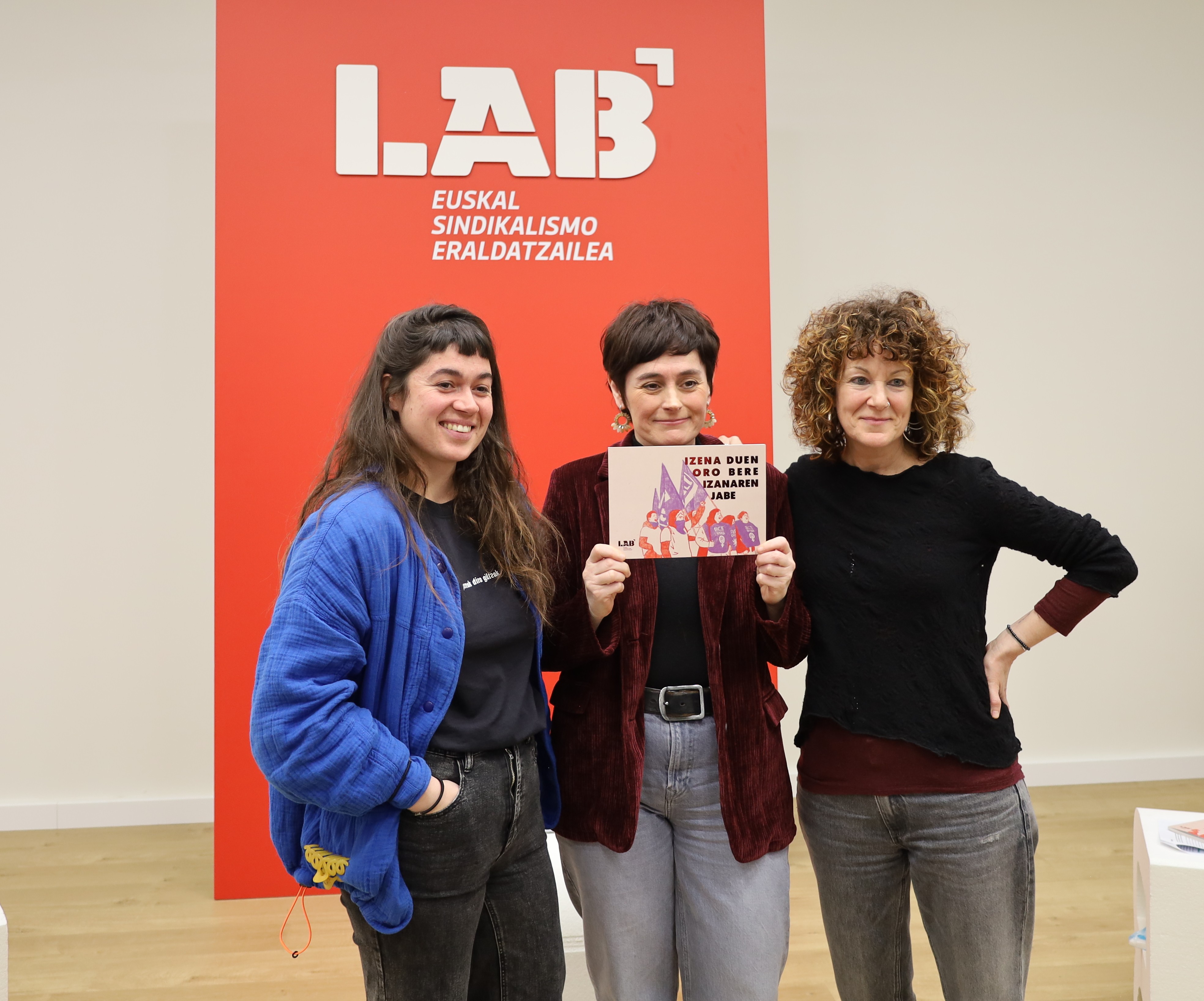

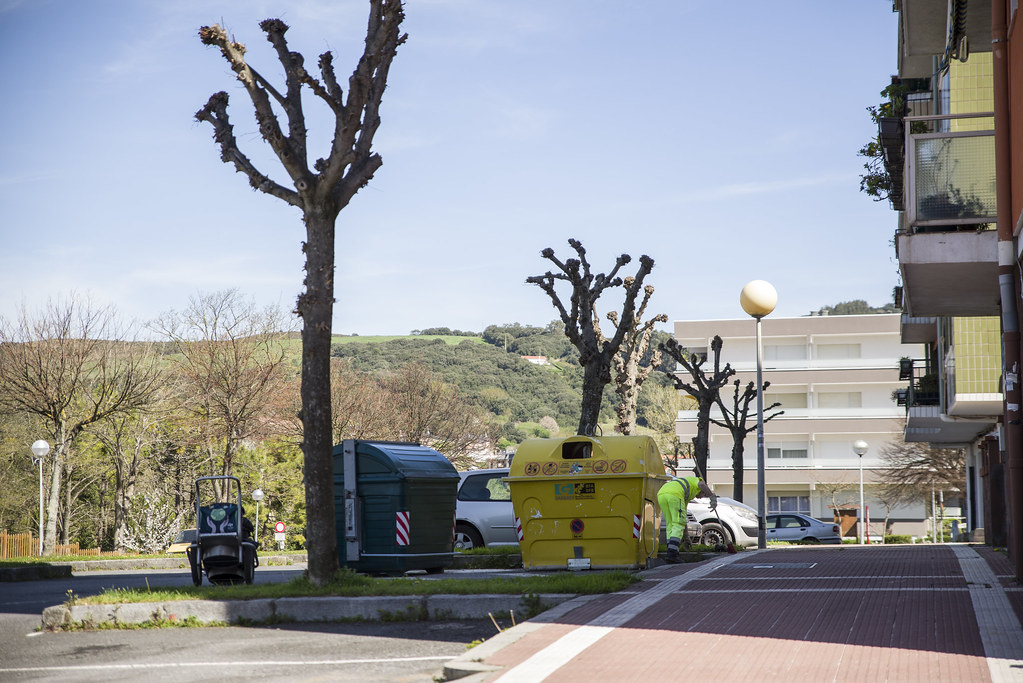
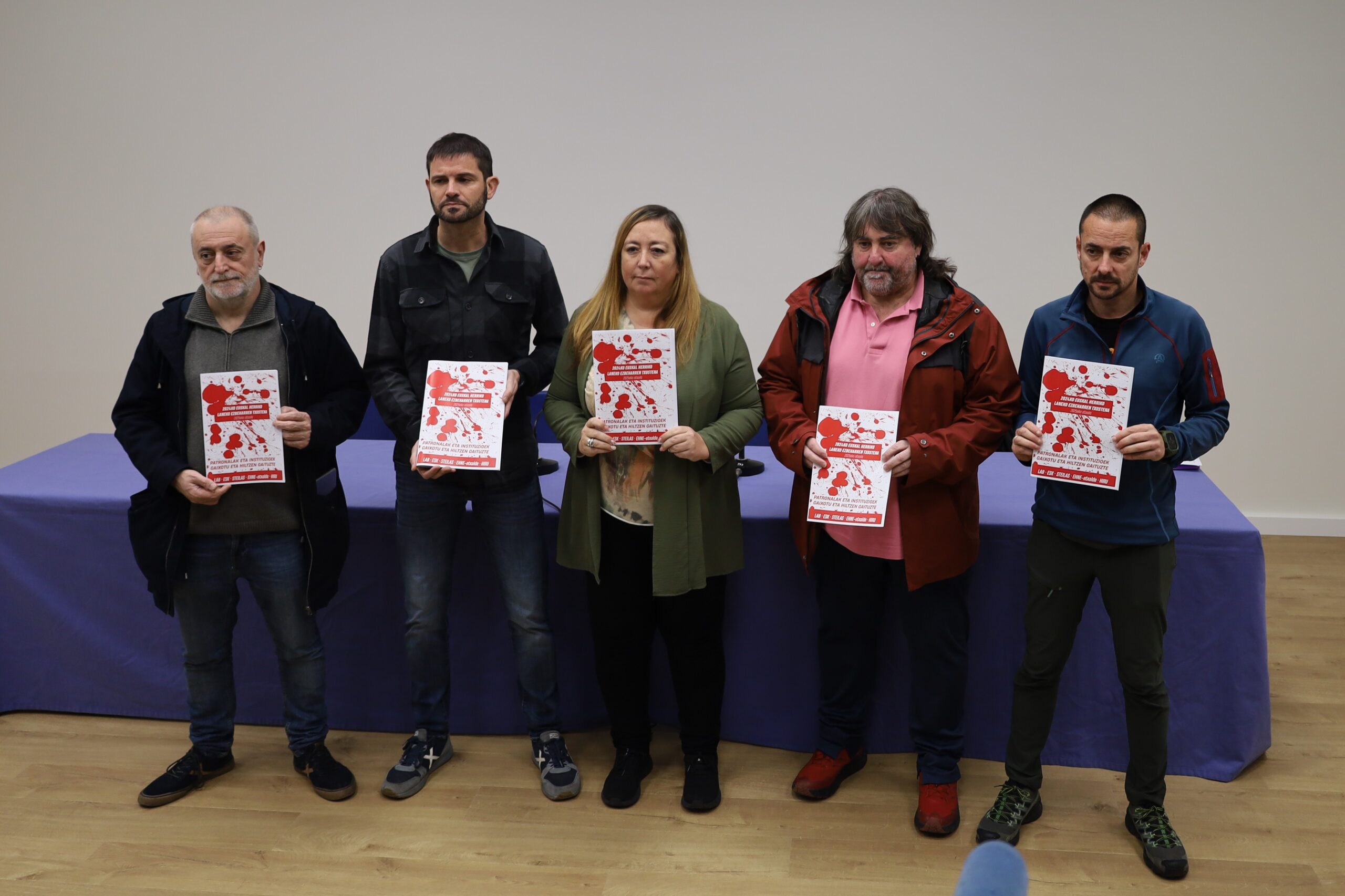

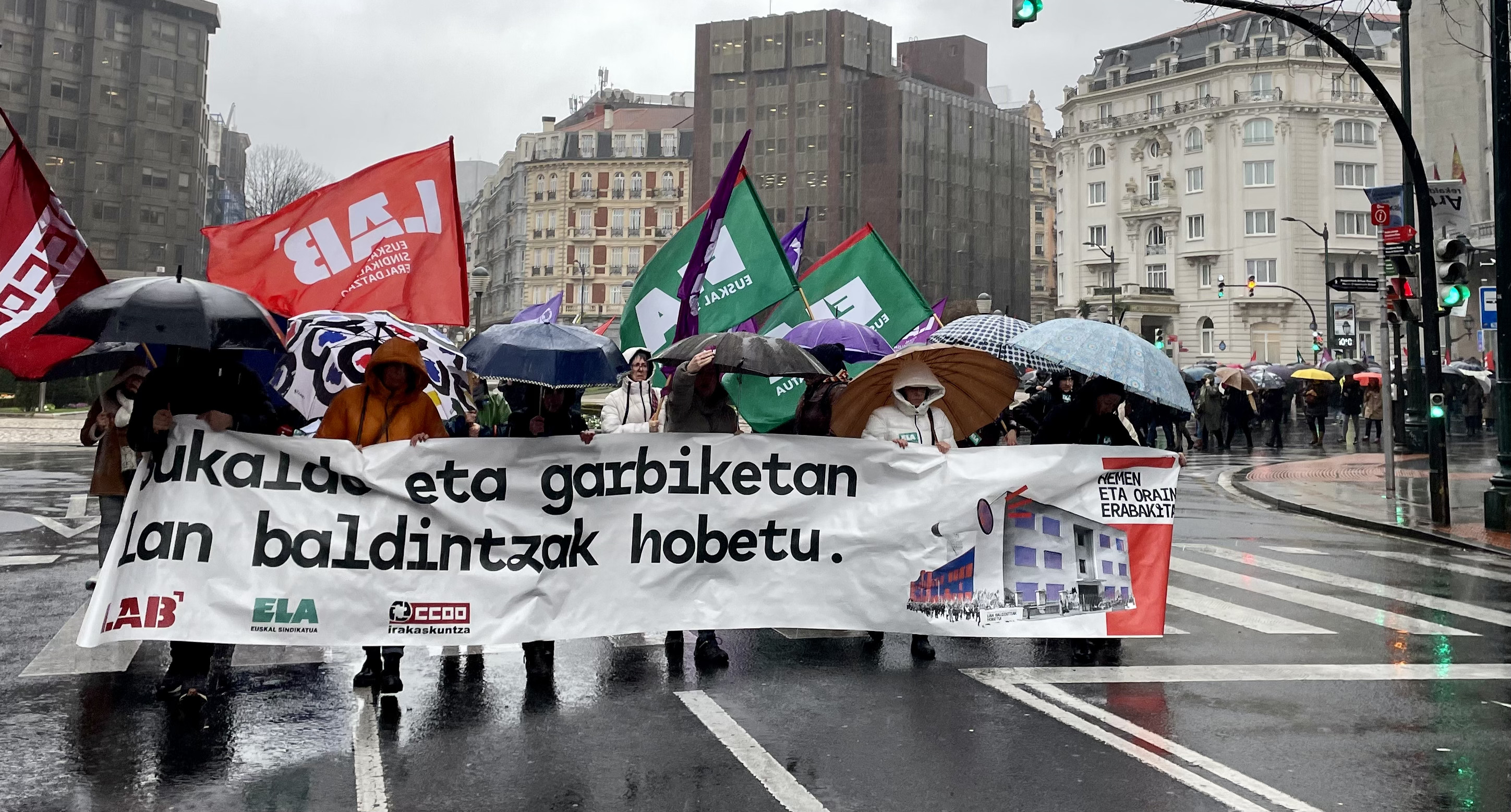
.jpg)

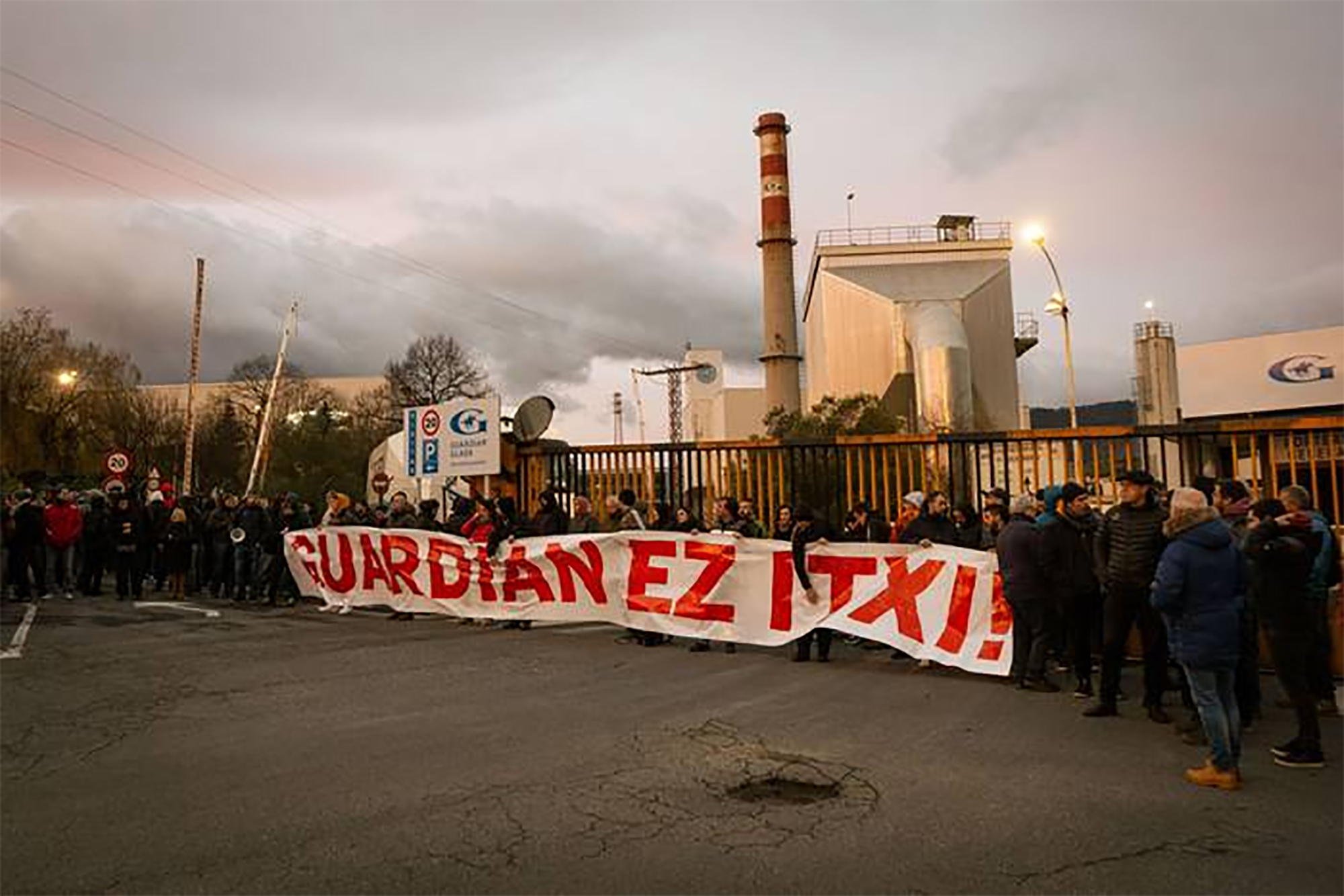


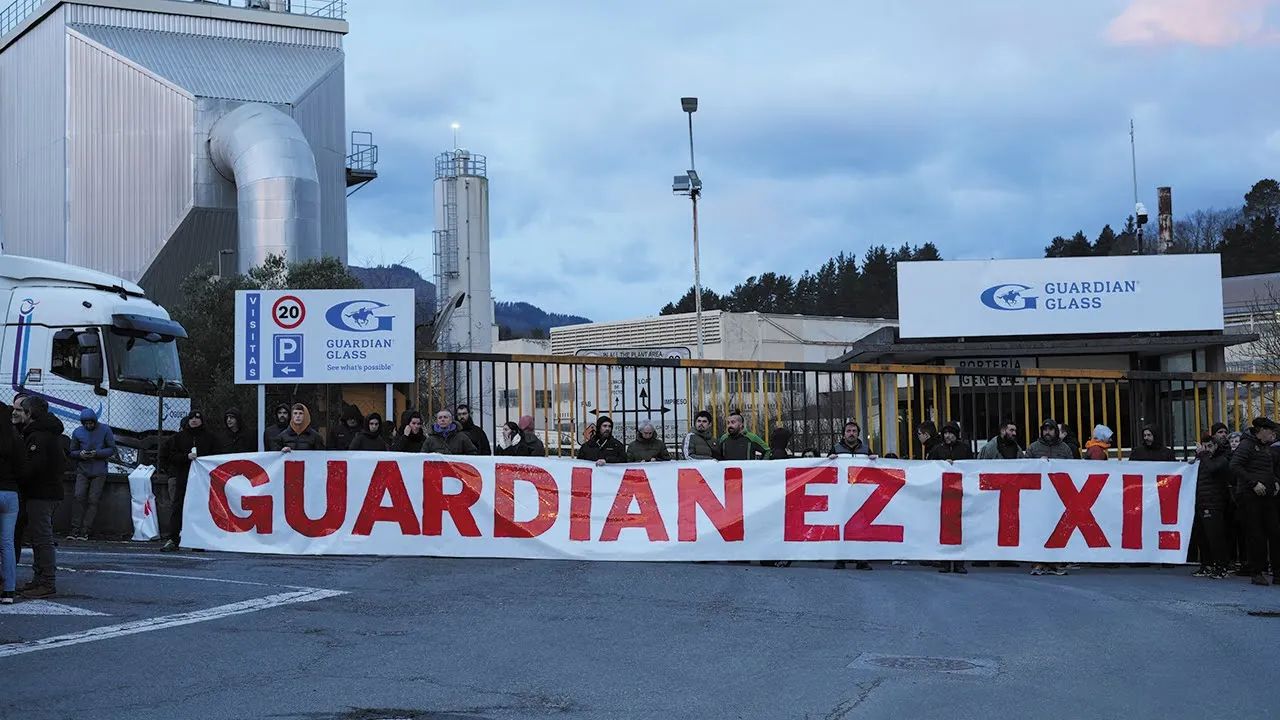
.jpg)